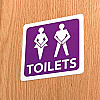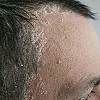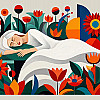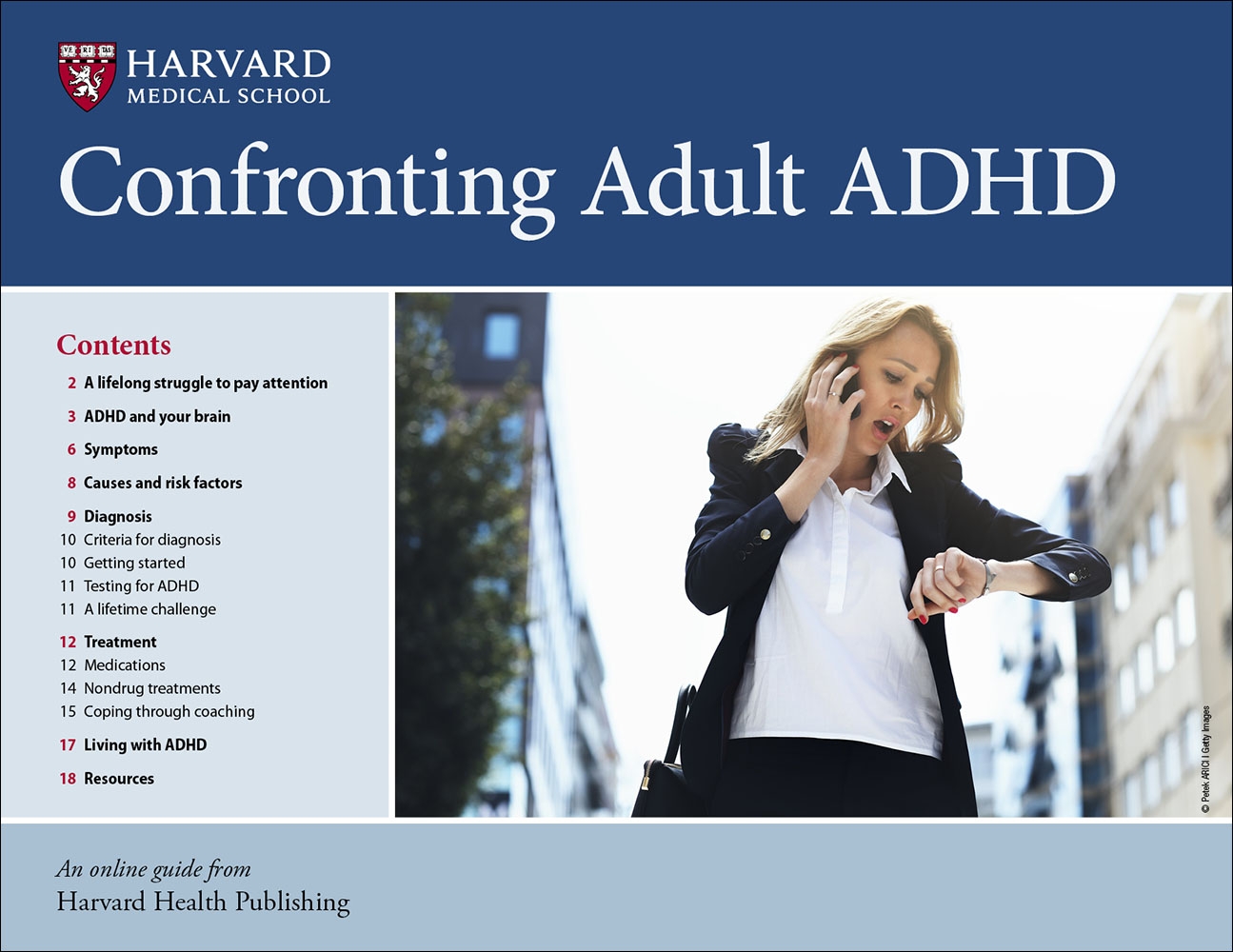Are you losing concentration and focus? It could be adult ADHD

Although ADHD is often thought of as a childhood condition, it affects more than 4% of adults in the United States. While there is no cure for ADHD, a combination of medications and behavior strategies can help reduce symptoms and improve daily functioning.
Treatment typically involves medications, psychotherapy, and various forms of coaching and coping techniques. While medications are considered first-line treatments for ADHD, some doctors may hesitate to prescribe them to adults because of a greater risk of drug interactions.
If ADHD is interfering with your ability to manage everyday tasks, then exploring medication as part of your treatment plan might be worthwhile. However, if the impact of ADHD is mild and you've developed effective coping strategies, your doctor may recommend non-medication approaches instead.
Cognitive behavioral therapy
One widely used approach to ADHD is cognitive behavioral therapy (CBT). This type of psychotherapy helps people turn negative thought patterns into positive, healthier ways of thinking. The idea is that if you change the way you think about a situation, your feelings and behaviors can change, too. For example, CBT may help change "all or nothing" thinking, in which in many people with ADHD tend to think that their accomplishments must be either perfect or a failure.
CBT is very focused on giving you tools to help deal with stresses and challenges in life. Working on self-esteem is also an important aspect of ADHD treatment.
Emotional therapy
ADHD can lead to frequent emotional ups and downs. Just waiting in line can make a person with ADHD quite irritable, as can minor setbacks such as a project not turning out quite right or a boss who changes deadlines.
It's also common for adults with ADHD to have other mental health conditions. An estimated 50% of adults with ADHD, for example, also have an anxiety disorder, according to the Anxiety and Depression Association of America. Having ADHD along with another condition can severely interfere with daily functioning.
If you experience emotional symptoms of ADHD, it may help to find a psychiatrist or another type of therapist to discuss how psychotherapy can help with challenges in your life.
Medications
ADHD medications can reduce hyperactivity, impulsive behavior, and attention problems, allowing you to perform better at home, on the job, and in school, and to function with more consistency and success in your daily life. It's important to pair medications with regular counseling and to develop strategies to help with increasing attention and tamping down impulsive behavior.
For more information on finding an effective solution for you, check out Confronting Adult ADHD, a Special Health Report from Harvard Medical School.
Image: © lorenzoantonucci/Getty Images
Disclaimer:
As a service to our readers, Harvard Health Publishing provides access to our library of archived content. Please note the date of last review or update on all articles.
No content on this site, regardless of date, should ever be used as a substitute for direct medical advice from your doctor or other qualified clinician.













